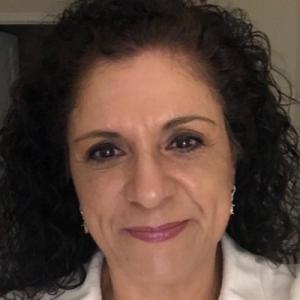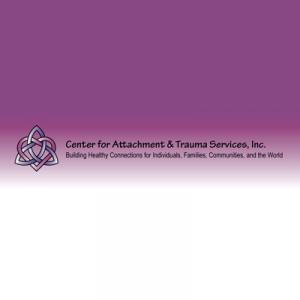Dr. Teresa Lear of Center for Attachment & Trauma Services to be Featured on Close Up Radio
SPRINGFIELD, VIRGINIA, UNITED STATES, June 12, 2020 /EINPresswire.com/ -- Our earliest relationship—our attachment with a caregiver--provides a template for all our future relationships. When that attachment is compromised or disrupted by traumatic experiences, it can negatively affect a child’s development and functioning later in life.
Dr. Teresa Lear is the executive director of Center for Attachment & Trauma Services, a nonprofit outpatient therapy center dedicated to promoting healthy relationships from the prenatal period through infancy, childhood, adolescence, and all stages of adulthood.
“We do this because we know we're good at it and we understand the complex interplay between attachment and trauma,” says Dr. Lear. “It's all based on helping our clients develop a sense of safety in relationship by building a stronger, healthier attachment between children and their caregivers in the face of everything they've already been through.”
Dr. Lear and her team at Center for Attachment & Trauma Services specialize in working with families to build healthy connections and form secure attachments. The center works closely with local departments of social services to serve children in the foster care system and adoptive families, as well offer support and psychoeducation to parents and foster parents as they manage any number of maladaptive behaviors in the children they are raising.
According to Dr. Lear, one of the best things we can do for a child is give them permanency. Dr. Lear and her teamwork with caregivers to preserve the attachments with their children. “We must prepare these parents for children who reject parenting and may become extremely emotionally dysregulated to the point of hurting themselves, hurting others or destroying property.”
“Many of these children grew up in their earliest years really fending for themselves,” explains Dr. Lear. “For these children, it actually feels unsafe to accept a parenting control, and so we work with them on the experience of feeling safety.” In these cases, the ‘bottom-up’ approach works best. This means the therapy is geared toward addressing the client’s sympathetic nervous system reactivity, as opposed to a traditional cognitive approach.”
Dr. Lear says most of this behavior is derived from being in an unsafe or chaotic environment early in life. The children must adapt in order to survive in an abusive or neglectful environment. They learn to trust no one, and when placed in a normal family home with structure and rules, they ask themselves, “Is it safe to trust this person?” And quite often the answer for these children is no.
“We're asking parents to learn how to do things that they never really learned through their own experience of being parented. We provide the entire package for parents. We model how to engage with these children, how to calm them down, how to keep themselves calm during an outburst. We don't prescribe, obviously, but we work with prescribing physicians, when necessary, for the best outcome.”
Dr. Lear and her team will observe children interacting with their caregivers through play or other activities orchestrated to elicit attachment behaviors. Then they can identify weaknesses or strengths in this child's behavior, which helps them determine the best course of therapy.
“I have to believe there's hope for every child, if not for a full recovery, but for some improved level of functioning,” says Dr. Lear. “This is important for kids to be able to function in the world and hopefully learn how to appropriately parent their own children one day.”
Close Up Radio will feature Dr. Teresa Lear in an interview with Doug Llewelyn on June 16th at 12pm EDT
Listen to the show on BlogTalkRadio. If you have any questions for our guest, please call (347) 996-3389
For more information, visit www.familyattachment.org
Lou Ceparano
Close Up Television & Radio
+1 631-850-3314
email us here
Visit us on social media:
Facebook


